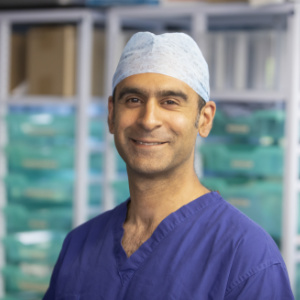Overview
What is bladder cancer?
The bladder is the organ that stores urine excreted by the kidneys, before it is emptied from the body by means of urination. Cancer that starts in the urinary bladder is known as bladder cancer.
Symptoms
There are certain symptoms that may indicate bladder cancer: blood in the urine, painful and frequent urination, urinary incontinence, weight loss, fatigue and abdominal pain.
Diagnosis
When a patient visits the clinic with these complaints, the doctor may perform a thorough physical examination including a rectal examination, and pelvic exam in women and a prostate exam in men. The doctor may order other tests such as abdominal CT and MRI scan, bladder biopsy, urinalysis, urine cytology (study of urine cells) and cystoscopy (bladder is examined for abnormalities using a camera) to confirm the diagnosis. If cancer is discovered, other tests are conducted to determine how far the tumour has invaded the surrounding tissues or whether it has metastasized (spread) to other parts of the body. This is known as staging.
Treatment
Treatment depends on the severity of symptoms, stage of cancer and overall health. Treatment options for bladder cancer include surgery to remove the cancer, which can be performed alone or in combinations with other treatments. Chemotherapy (using cancer-killing drugs) and radiation therapy (using high-dose radiation) may be performed before or after surgery to destroy cancer cells. The doctor may also perform immunotherapy (using the immune system) to attack and kill cancer cells.
Cystodiathermy of a bladder tumour
Small bladder tumours may be cauterised under local anaesthetic or a short general anaesthetic. This is usually performed in a day case setting.
Transurethral resection of bladder tumour (TURBT)
An operation under general anaesthetic to cut away a tumour from the inside of the bladder wall using a telescope. The telescope is passed down the urethra and the bladder is filled with fluid first. An electric loop is used for the cutting and a catheter is temporarily placed after the procedure.
)
)
)







